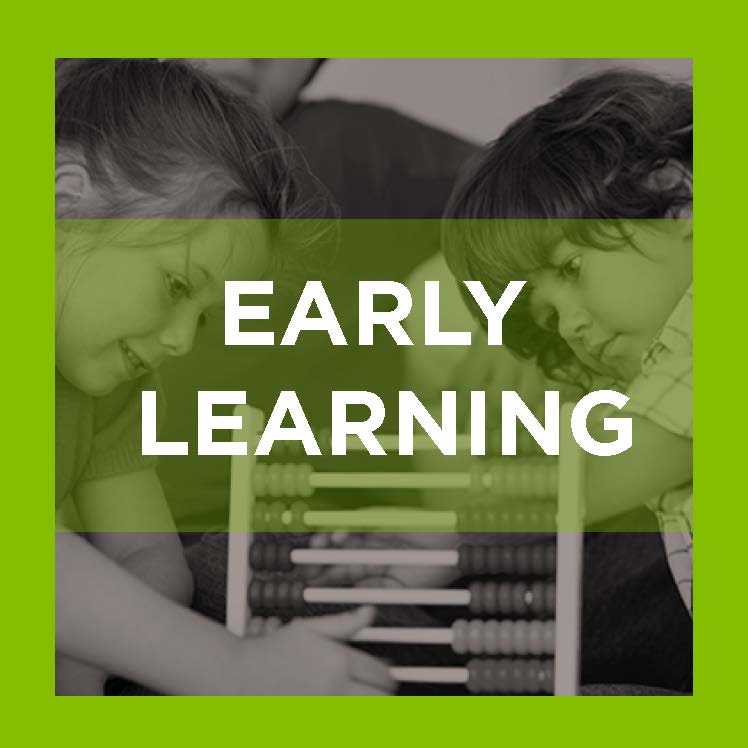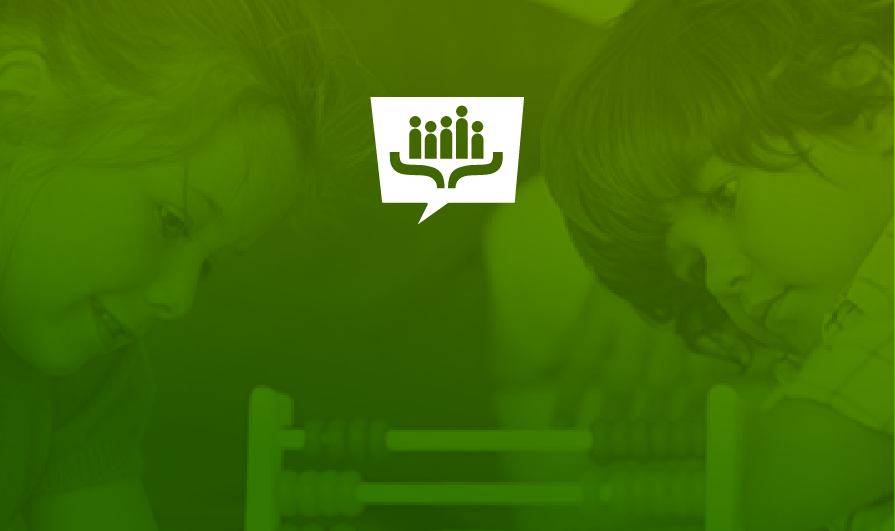While the high school dropout rate poses a significant risk to our nation, there are early warning signs that can be used to chart a different path for children. We know that the achievement gap can be identified early, and children who are most at-risk of school failure are more likely to attend lower-quality elementary schools. We also know that reading and math proficiency are fundamental skills essential for later learning. It is well documented that children who do not achieve reading proficiency by third grade are more likely to be retained, have behavior problems, have low self-esteem and drop out of school. If a child attends a high-quality pre-kindergarten (pre-K) program then enters a low-quality kindergarten through third grade (K-3) experience without academic rigor, developmentally appropriate practices and strong school leadership, they are at risk of losing the gains that were made in pre-K. In order to avoid losing the foundation a strong pre-K experience provides, attention needs to be paid to improving a child’s K-3 experiences to ensure a seamless, high-quality, continuum of pre-K through third grade, resulting in school success.
Education Commission of the States along with its national partners: the National Conference of State Legislators, New America, National Institute for Early Education Research/Center on Enhancing Early Learning Outcomes, and the National P-3 Center have responded to this K-3 crisis. On July 25 and 26 a K-3 Quality Project thinkers meeting in Chicago, Ill., was hosted. The purpose o was to address quality in K-3 by identifying policy areas states could consider for improvement. In order to address this complex and critical topic, Education Commission of the States relied on 12 thinkers, experts including teachers in K-3, professors, national early childhood and K-12 organizations, and others to discuss the primary components needed for developing a quality K-3 system. The conversation was facilitated by Christopher Cross of Cross and Joftus LLC, and observed by the partnering organizations.
Throughout the conversation a multitude of policy domains were brought up, establishing areas of focus with developing K-3 systems. These domains included items such as funding, school leadership development, teacher certification, full-day kindergarten, district data collection, reporting, group size and others. The domains were then identified as state or local endeavors, highlighting the needs in developing a quality system. The participants proceeded to establish four buckets which each domain fell under: policy coherence for equity; workforce development; funding; and combined quality of curriculum, instruction and assessment.
Education Commission of the States is excited to develop a K-3 Guide to Action which will be released this fall. The K-3 Guide to Action will include synthesized information and policy domains from the thinkers meeting, and ideas for policymakers to strengthen the K-3 continuum. Setting children on a path to academic success early in life is one of the most effective ways to prevent high school dropouts. Yet to focus on individual programs for a single point in time cannot inoculate children, especially at-risk children from school failure. Instead a focused effort to ensure a quality P-3 experience for every child, with heightened attention to the K-3 years is essential. Policy can play a critical role in ensuring that all programs in K-3 have the necessary tools, supports and programs in place to ensure a child’s success. In the coming months, Education Commission of the States staff will reflect on the rich conversations from the thinker’s meeting and synthesize this information into policy recommendations to encourage quality K-3 systems.





